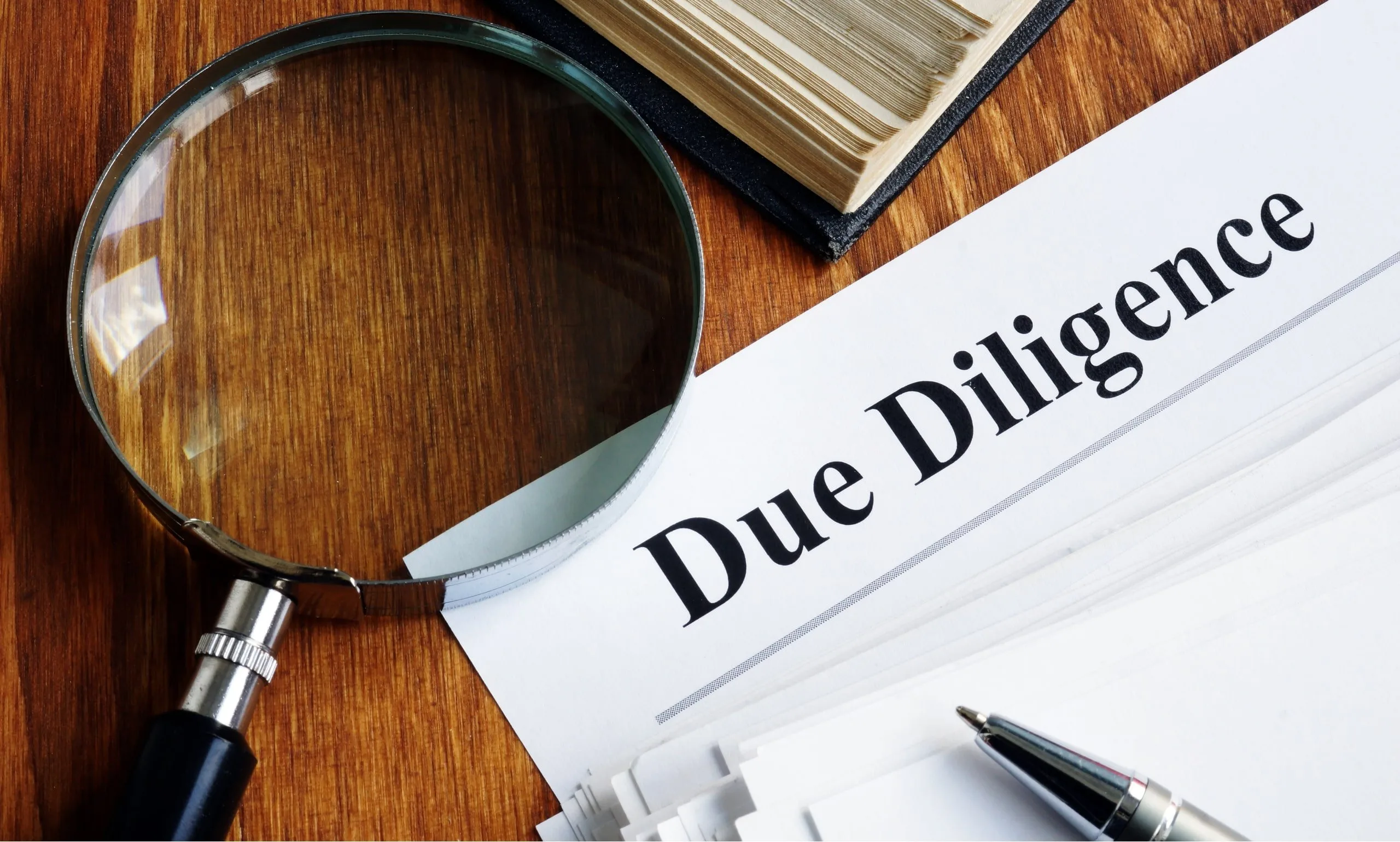The due diligence process is one of the most important steps when buying a property. It’s your chance to look under the hood before you commit, and the details you uncover can make a big difference in your long-term success. But sometimes, investors aren’t sure what they’re supposed to be looking for. Here are five key areas to focus on during due diligence for an investment property.
Leases
Leases are the heart of an investment property, and they deserve close attention. You should ask for a copy of all the leases immediately. Then, compare the leases to the information the seller provided as part of their listing to make sure everything lines up.
You also need to check for clauses that could affect you as an owner. For example, government leases sometimes include funding clauses that allow the tenant to walk away if funding is lost. Some also include options to terminate the lease after a set number of years for any reason. Details like this can create major surprises down the road if they’re not caught during due diligence.
Property Plans
Building plans or layout sketches may not seem essential right away, but they can be incredibly helpful down the road. Renovations, expansions, and upgrades will go more smoothly if you have them.
The seller likely doesn’t have this information, though. You’ll probably need to reach out to the municipality, township, or county – the building codes department will be your best bet at finding a copy.
Environmental and Title Issues
Even if the property itself has never had environmental problems, surrounding parcels may have, and it’s important to know that information. Contamination can seep into groundwater and impact your site. A desktop review or Phase 1 environmental assessment can flag issues before they become your problem.
The title is just as critical. Make sure the title is clear of liens, unpaid bills, or survey problems. Read your title policy closely. Exclusions are often buried in the details, and missing them can cost you. One seller we saw didn’t realize he had a stormwater easement on his property for years, because he never checked the policy.
Service Contracts and Bills
Investment properties often come with ongoing service contracts, like landscaping or roof maintenance. Ask for copies of these agreements during due diligence so you know what’s in place.
Also, request recent utility and tax bills. Multiple meters can complicate billing, so having accurate copies helps you to accurately track usage and expenses. When it comes to tax bills, check whether the property assessment seems in line with similar nearby properties. Overassessed buildings are more common than you’d think, and correcting an inflated assessment is a great opportunity for you to save significant money.
Thorough Inspections
Inspections are typically the responsibility of the buyer, and cutting corners here can lead to costly surprises later. Everyone checks the roof and HVAC, but thorough due diligence doesn’t stop there.
- Scope the drain lines to make sure they’re intact. Tree roots and aging infrastructure can cause hidden failures.
- Inspect electrical panels and components. Outdated systems can be expensive to replace and may cause issues with insuring the building.
- Confirm the condition of all major systems so you know exactly what you’re buying.
Conclusion
Due diligence takes time, but it protects you from walking into a deal blindly. Reviewing leases, gathering plans, checking environmental and title issues, understanding service contracts, and conducting full inspections will help you to avoid costly surprises once you take control of the building. If you cover these major areas, you can step into ownership with clarity and confidence.
Having an agent on your side as a buyer can help your due diligence period run more smoothly. Expert buyer representatives will handle communication with the seller’s team, gathering information for you and helping you to understand what you’re looking at. Ready to have someone on your team? Contact our buyer representative experts today.





